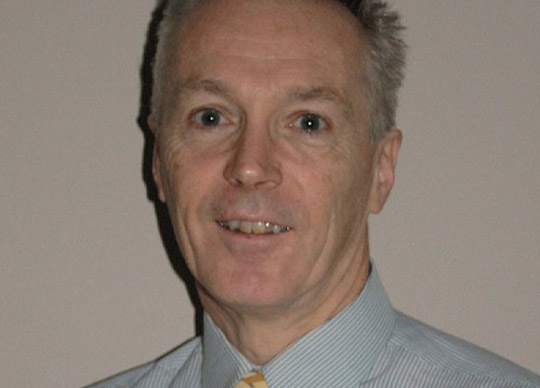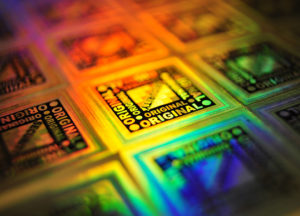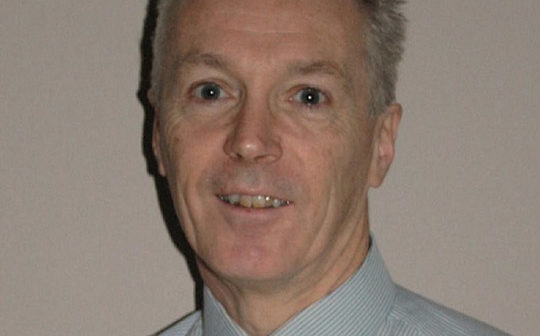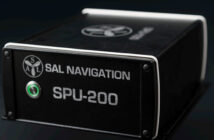

Dr Paul Dunn, IHMA chair
Reports of counterfeit cannabis have reinforced the critical need to protect bonafide products and packaging, says the International Hologram Manufacturers Association (IHMA).
Sales of synthetic cannabinoids being mis-sold as cannabis are on the rise in the UK, presenting a significant health risk to the general public, reports a harm reduction project* that analyses samples of drugs provided by the public and other participating organisations.
With the increased legalisation of the drug around the world, including in many US states, the IHMA believes it is critically important regulated cannabis products used for pain relief, relaxation and sleeping disorders, are protected fully and secure from the threat of criminal counterfeiters.
This will become even more important in the next few years it says, as the race to improve production and bring down costs in the face of growing demand for legalised cannabis-derived treatments opens new opportunities for consumer goods and pharmaceuticals.
Earlier this year in the UK, an analysis of 37 samples believed to be THC e-liquids used in vapes found that only 26% contained THC or cannabis, while 57% contained some form of synthetic cannabinoid.
Even more concerning are reports** that cannabis edibles being sold via social media and made in bulk using packaging bought via e-commerce sites, have been hospitalising UK school children.
Counterfeiting is already a multi-billion-dollar global problem, but counterfeit cannabis is another alarming development that sees criminals taking advantage of people who might be desperate for products during the pandemic, says the IHMA.
Cannabis packaging must comply with stringent regulatory requirements while retaining eye-catching consumer appeal. So the IHMA is urging supply chains and authorities to review how they tackle the threat before the situation exacerbates, looking at authentication technologies such as readily available holograms, which can effectively protect people and international distribution channels.
 Dr Paul Dunn, chair of the IHMA, said: “The rise in fake drugs is a huge global problem and cannabis counterfeits are no different. However, holograms are effective weapons in the battle to combat criminals.
Dr Paul Dunn, chair of the IHMA, said: “The rise in fake drugs is a huge global problem and cannabis counterfeits are no different. However, holograms are effective weapons in the battle to combat criminals.
“They provide a flexible, quick to deploy visual authentication device that can bolster supply chains, helping manufacturers, regulatory authorities, international law enforcement and border customs improve their anti-counterfeiting plans.
“The use of track and trace programmes featuring security devices and integrated QR codes are particularly helpful in proving the authenticity of cannabis products and packaging. This can be very reassuring for all involved as well as consumers, confirming products are genuine and safe to use.”
IHMA member AuthentiBrand is among those leading the development of holograms to secure the safety and provenance of cannabis packaging. President Peter Scheir said its holograms feature on millions of packages and added: “We develop affordable…strategies for seed-to-sale tracking, authentication, marketing and promotions.”
The use of well-designed and properly deployed authentication solutions, as advocated by the ISO12931 standard, enables examiners to verify the authenticity of a legitimate product, differentiating it from fake products coming from counterfeiting hot spots in Asia and eastern Europe. Even those that carry a ‘fake’ authentication feature can be distinguished from the genuine item if that item carries a carefully thought-out authentication solution.
*https://www.leafie.co.uk/news/fake-cannabis-uk/ **https://www.vice.com/en/article/g5gpnw/dodgy-cannabis-sweets-are-making-uk-kids-sick






